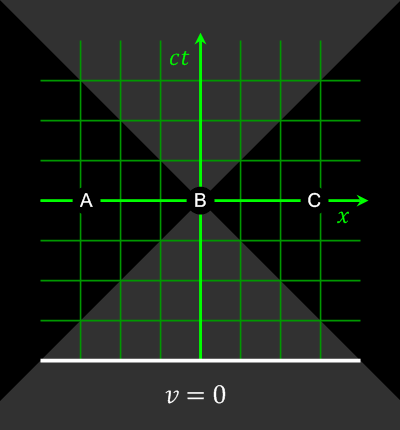I have been studying causality (specifically why there is no such thing as a simultaneous instant of time across all observers) recently and I keep hearing references to the Andromeda paradox. Can anyone tell me what it is and how it is resolved?
I've tried reading what Wikipedia says about it, but I could really use someone's explanation.
Edit
Ok, after reading the related question, now I'd like to know does this imply there is some sort of privileged reference frame, in which there exists absolute velocity and absolute time? I ask because the answer for the other question seemed to indicate that the actions seem to be at different points of simultaneity but that in fact the person not moving is getting it right. But this seems strange to me because if we accelerated our galaxy to a different speed, we would still perceive our stationary observer as being right even though they'd see something different than before the acceleration.
So who is right? In what frame can we be sure that our present is Andromeda's present?

